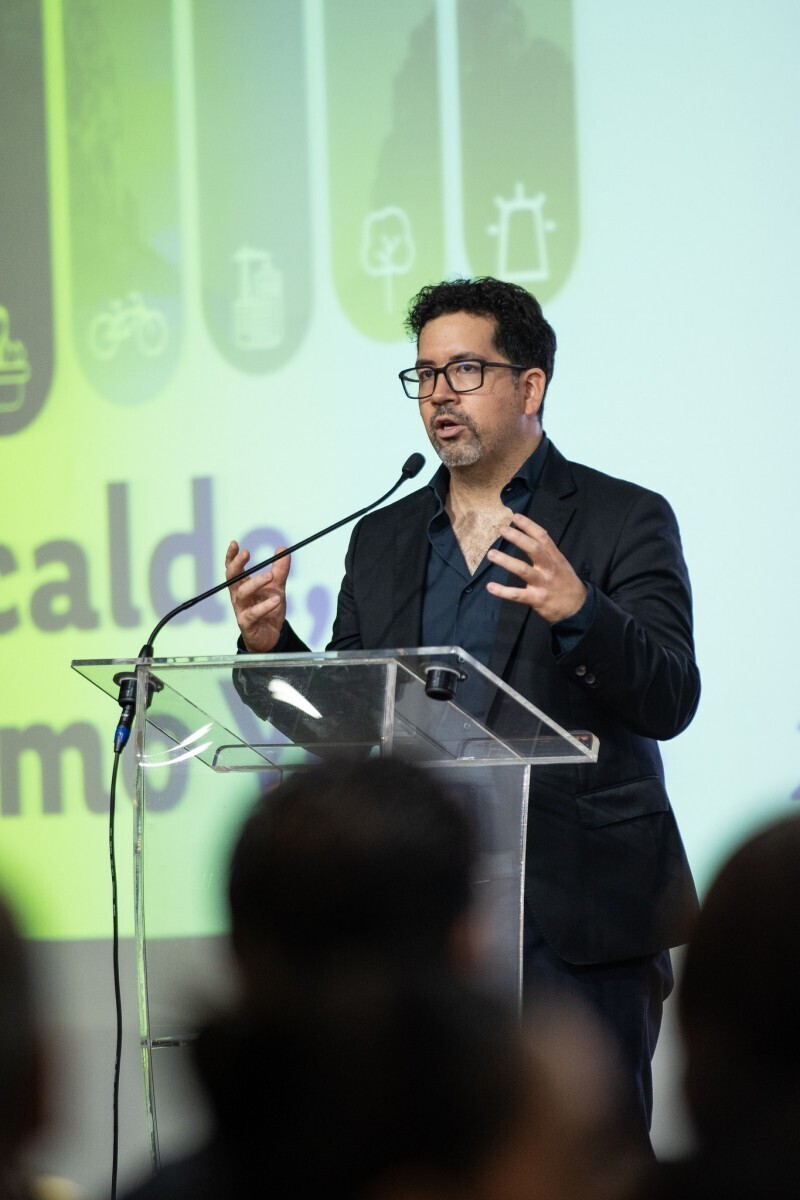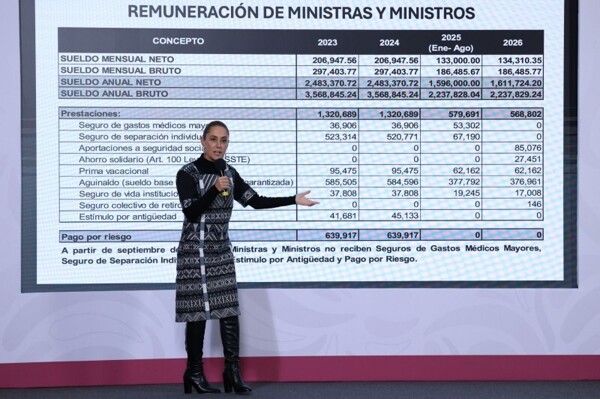
We must be careful in how we evaluate the Congress, because we have different political agendas to fulfill. "It is a reflection, the important thing is to ask if the Congress is generating the laws that the State requires, if they are doing so transparently and with dynamic citizen participation; also if they are exercising their role as a counterweight, not only to the Executive, but also to the municipalities and other instances," said Ávilo Álvarez. "The points in which they can improve are clear, which are the issue of transparency, the knowledge that the community has of the work of the Congress and the issue of the legislative agenda being linked to citizen causes. We must dignify public work," said the lawmaker. In turn, Luis Ávila assured that this is an evaluation at the beginning to improve in the coming years: "Our proposal is an evaluation. Despite the complexity, we cannot afford not to get involved and not understand the dynamics of the Congress." What the data, the survey, reflects is that the Congress is distant and far from being able to meet even the minimum expectations compared to any other authority," he added. Among the speakers was the PRI deputy, Lorena de la Garza, who asked the civil association to seek, together with the legislature, different forms of evaluation, since factors such as the digital site, the initiatives approved, and other points do not depend entirely on the deputies. Despite the lack of knowledge, up to 63% considered that the deputies are not honest. In terms of transparency, the Legislature was also criticized. The first semester was complicated, when they came to evaluate, I told them 'what are you going to evaluate', we had a considerable backlog. I did think the observation in the Congress was important, but there is a lack of citizen participation in the Congress. The lack of reliability and transparency in the legislature was highlighted. The data that resonated most in the legislature was the lack of trust from the citizens in the organization's survey; only 42% trust the deputies. "It is not a resistance to evaluation. There are discrepancies in the data in the Center for Legislative Studies, the public page of the building, and what the legislators handle. There are also points that are unknown, such as the investment of the Management Bonus, the permanence of the deputies in the sessions despite taking attendance, in addition to other circumstances." The dependency in which they trust the most is the National Guard with 58%, followed by the federal government with 54% and the state government with 49%. In addition, 8 out of 10 people do not know who their representative is in the local Congress. "There was a lot of political tension in 2024." The head of 'Cómo Vamos', Luis Ávila Álvarez, presented the report 'Rumbo a un mejor Congress', in which the first x-ray of the work in the local Congress was carried out.














